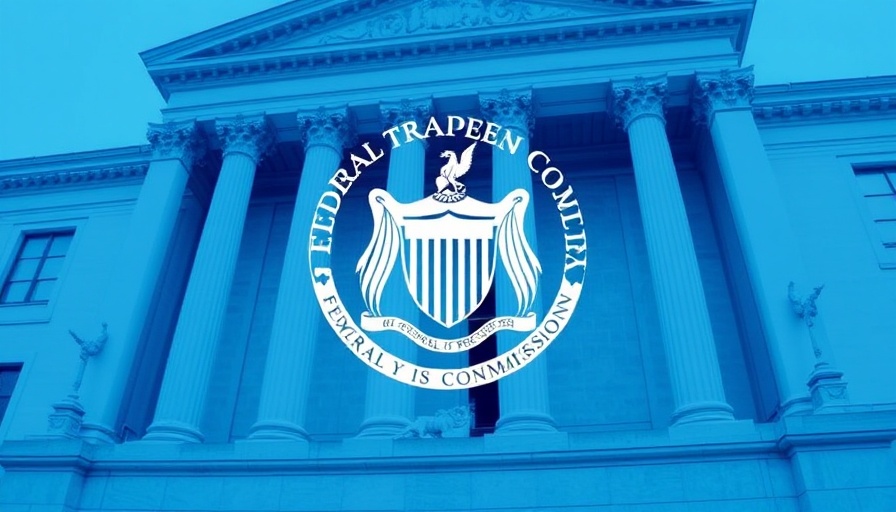
FTC and DOJ’s New Guidelines: What They Mean for Mergers
The Federal Trade Commission (FTC), under Chairman Andrew N. Ferguson, has officially enacted the 2023 Merger Guidelines developed in collaboration with the Department of Justice (DOJ). Announced on February 18, 2025, these guidelines mark a significant shift in how mergers and acquisitions are examined in the U.S., emphasizing a more rigorous and interventionist approach.
Understanding the Shift in Merger Enforcement
The 2023 guidelines build upon the existing frameworks while innovating the criteria by which mergers will be deemed anticompetitive. Notably, the threshold for what constitutes an objectionable merger has been lowered; now, the guidelines assert that any merger leading to a company obtaining more than 30% market share in any sector may face presumption of illegality. This contrasts sharply with previous standards that were more lenient and likely to overlook smaller consolidations. As informed by recent legal developments, the guidelines not only address horizontal mergers but also vertical mergers, aiming to capture a broad spectrum of competitive practices.
The Implications for Business Brokers
For business brokers, understanding these new guidelines is crucial. With increased scrutiny from regulators, brokers should anticipate longer review processes and more comprehensive due diligence for their clients’ transactions. The shifting landscape means brokers must advise their clients on potential barriers posed by these guidelines. Transactions that might have sailed through reviews in previous years could now face public inquiry or outright challenges from enforcement agencies. The emphasis on a broader definition of anticompetitiveness is an indicator that all market players—no matter how small—will have their activities under a more watchful eye.
Real-World Effects of the New Guidelines
The guidelines emerge from a robust public feedback process that highlighted broad concerns surrounding corporate consolidation across various industries. The FTC and DOJ have indicated that the new directives reflect modern economic realities and aim to uphold fair competition. Thus, brokers involved in upcoming mergers need to preemptively evaluate the potential competitive implications of their deals to mitigate risks of regulatory pushback. Being proactive will determine the success of transactions within this newly defined landscape.
In Conclusion: A Challenge and an Opportunity
Chairman Ferguson’s memo emphasizes the necessity of stability in enforcement to build a credible and efficient regulatory environment. While these guidelines pose challenges in terms of compliance and transaction approval durations, they also instigate an opportunity for brokers to excel in advisory roles. By staying informed and adapting strategies to meet regulatory expectations, business brokers can navigate this landscape effectively.
 Add Row
Add Row  Add
Add 




 Add Row
Add Row  Add
Add 

Write A Comment